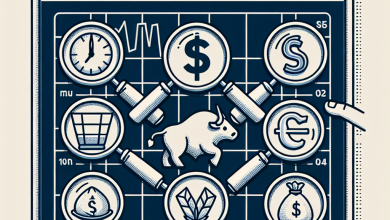
Remy Cointreau, Pernod Ricard Shares Decline as China imposes Tariffs on EU Brandy
Shares of French spirits companies Remy Cointreau and Pernod Ricard experienced a decline on Tuesday following China’s announcement of temporary anti-dumping measures on imports of European brandy, according to a report by Reuters.
As of 5:15 am (0915 GMT), Remy Cointreau’s stock was down by 8.3%, while Pernod Ricard saw a decrease of 4.1%. This development follows the European Union’s recent decision to impose tariffs on electric vehicles (EVs) produced in China.
China’s Ministry of Commerce stated that a preliminary investigation revealed EU-sourced brandy was being sold at below-market prices, potentially harming the domestic brandy industry in China. Starting October 11, importers of European brandy will be subjected to security deposits ranging from 34.8% to 39.0% of the import value.
Notably, Remy Martin and Hennessy, two of France’s leading cognac brands, were significantly impacted, facing deposit rates of 38.1% and 39.0%, respectively. On the other hand, Martell brandy, which cooperated with the Chinese investigation, will see a lower deposit rate of 30.6%.
The tariffs seem to specifically target France, given its influential role in supporting the EU’s tariffs on Chinese EVs, and considering that 99% of China’s brandy imports last year originated from France, amounting to $1.7 billion.
The immediate consequences for French spirits companies were evident, with Remy Cointreau’s shares falling by 5% and Pernod Ricard’s dropping by 2.9%. LVMH, which owns Hennessy, also experienced a 4% stock decline.
These new deposit requirements will increase initial costs for EU brandy importers, although the timeline for recovering these costs remains uncertain. China’s Ministry of Commerce did not provide additional information on the situation.
This move by China followed the EU’s vote to implement tariffs on Chinese EVs, with rates ranging from 7.8% for Tesla to 35.3% for certain Chinese automakers that did not cooperate with the investigation.
Despite these developments, the European Commission has indicated its willingness to negotiate alternatives even after the tariffs take effect. Alongside these anti-dumping measures on brandy, China is also conducting investigations into EU pork products and is contemplating higher tariffs on large-engine vehicles, which could significantly affect German automakers, whose exports of vehicles with engines larger than 2.5 liters to China reached $1.2 billion last year.
 GOOGL
GOOGL  META
META 


